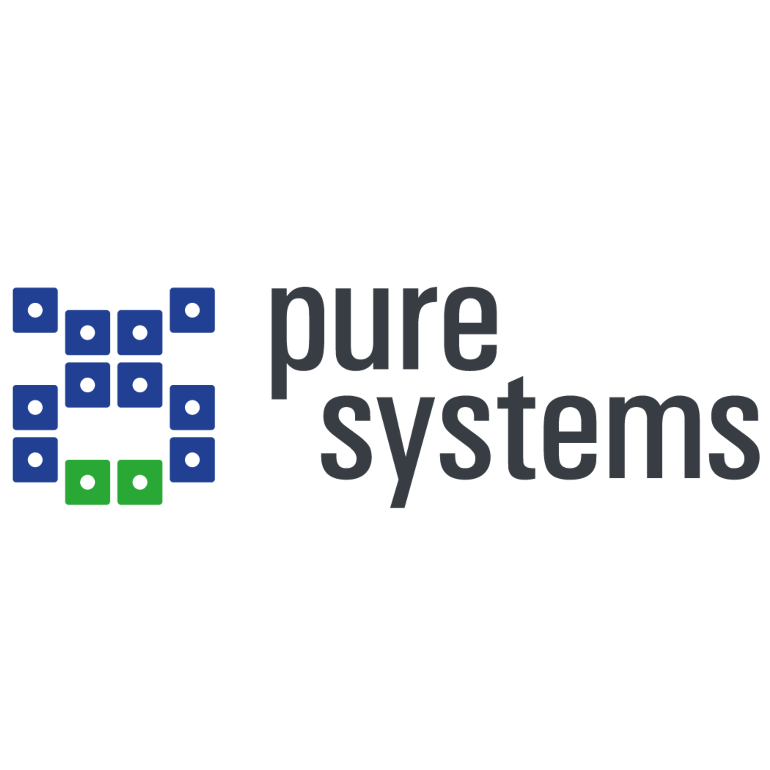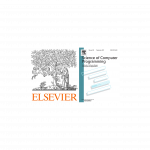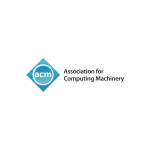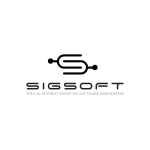Call for workshop contributions
Accepted workshops for SPLC 2021
VM4ModernTech: International Workshop on Variability Management for Modern Technologies
Organisers: Wesley K. G. Assunção, Inmaculada Ayala, Jacob Krüger, Sébastien Mosser
Abstract: Variability is an inherent property of software systems that allows developers to deal with the needs of different customers and environments, creating a family of related systems. Variability can be managed in an opportunistic fashion, for example, using clone-and- own, or by employing a systematic approach, for instance, using a software product line (SPL). In the SPL community, variability management has been discussed for systems in various domains, such as defense, avionics, or finance, and for different platforms, such as desktops, web applications, or embedded systems. Unfortunately, other research communities—particularly those working on modern technologies, such as microservice architectures, cyber-physical systems, robotics, cloud computing, autonomous driving, or ML/AI- based systems—are less aware of the state-of-the-art in variability management, which is why they face similar problems and start to redeveloped the same solutions as the SPL community already did. This workshop aims to foster and strengthen synergies between the communities researching variability management and modern technologies. More precisely, we intend to attract researchers and practitioners to contribute processes, techniques, tools, empirical studies, and problem descriptions or solutions that are related to reuse and variability management for modern technologies. By inviting different communities and establishing collaborations be- tween them, we hope that the workshop can raise the interest of researchers outside the SPL community for variability management, and thus reduce the extent of costly redevelopments in research.
REVE 2021: 9th International Workshop on REverse Variability Engineering
Organisers: Wesley K. G. Assunção, Roberto E. Lopez Herrejon, Tewfik Ziadi, Jabier Martinez
Abstract: Software Product Line (SPL) migration remains a challenging endeavour. From organizational issues to purely technical challenges, there is a wide range of barriers that complicates SPL adoption. This workshop aims to foster research about making the most of the two main inputs for SPL migration: 1) domain knowledge and 2) legacy assets. Domain knowledge, usually implicit and spread across an organization, is key to define the SPL scope and to validate the variability model and its semantics. At the technical level, domain expertise is also needed to create or extract the reusable software components. Legacy assets can be, for instance, similar product variants (e.g., requirements, models, source code, etc.) that were implemented using ad-hoc reuse techniques such as clone-and-own. More generally, the workshop REverse Variability Engineering attracts researchers and practitioners contributing to processes, techniques, tools, or empirical studies related to the automatic, semi-automatic or manual extraction or refinement of SPL assets.
4th Intl. Workshop on Variability and Evolution of Software-intensive Systems (VariVolution)
Organisers: Lea Gerling, Sandra Greiner, Kristof Meixner, Gabriela Karoline Michelon
Abstract: Software versions resulting from evolution in time (revisions) and space (variants) are still separately managed instead of being treated uniformly. Recently, several research activities have focused on the integrated management of evolution and variability. Existing approaches stem from multiple origins, most notably from the fields of software configuration management and software product line engineering.
For instance, variation control systems adopt a holistic view on software evolution in time and space with the ultimate goal of systematically managing software revisions and variants.
VariVolution (the 4th InternationalWorkshop on Variability and Evolution of Software-intensive Systems) aims at bringing together active researchers studying software evolution and variability from different angles as well as practitioners who encounter these phenomena in real-world applications and systems. The workshop offers a platform for exchanging new ideas and fostering future research collaborations and synergies.
Fourth International Workshop on Languages for Modelling Variability (MODEVAR@SPLC 2021)
Organisers: Thomas Thüm, Mathieu Acher, Philippe Collet
Abstract: Feature models were invented in 1990 and have been recognised as one of the main contributions to the Software Product Line community. Although there have been several attempts to establish and study a sort of standard variability modelling language (e.g., OVM, CVL, TVL,..) there is still no consensus on a simple feature modelling language. There can be many motivations to have one but among others, there is one that is very important: information sharing among researchers, tools or developers. Following the spirit of the first three editions, two at SPLC (2019/2020), and the other at VaMoS in February 2020, this workshop plans to be a full-day, interactive event where all participants shall share knowledge and first realizations about how to build up a simple feature model language that all the community can agree on. The interest of the community in terms of contributions, presentations, and attendance have been high in the past editions.
Fourth Workshop on Experiences and Empirical Studies on Software Reuse (WEESR)
Organisers: Jaime Chavarriaga, Julio Ariel Hurtado
Abstract: Software reuse has been recognized as a key strategy to improve productivity and software quality. For instance, during many years, technologies such as components, object orientation and product lines have been proposed to promote reuse and achieve these benefits. However, although these technologies may be an enabler, recent studies showed that non-technical factors, such as organization, processes, and human involvement, appeared to be at least as important. In addition, while some companies have succeeded applying some methods, replicating these experiences have resulted in a challenging task. The WEESR aims to be a space where researchers and practitioners can present their experiences and studies on the area of software reuse, discuss the challenges that must be overcome in non-academic environments and obtain feedback on how the corresponding empirical research may be conducted and improved.
Sponsors
© 2024 SPLC 2021 | Leicester, United Kingdom






